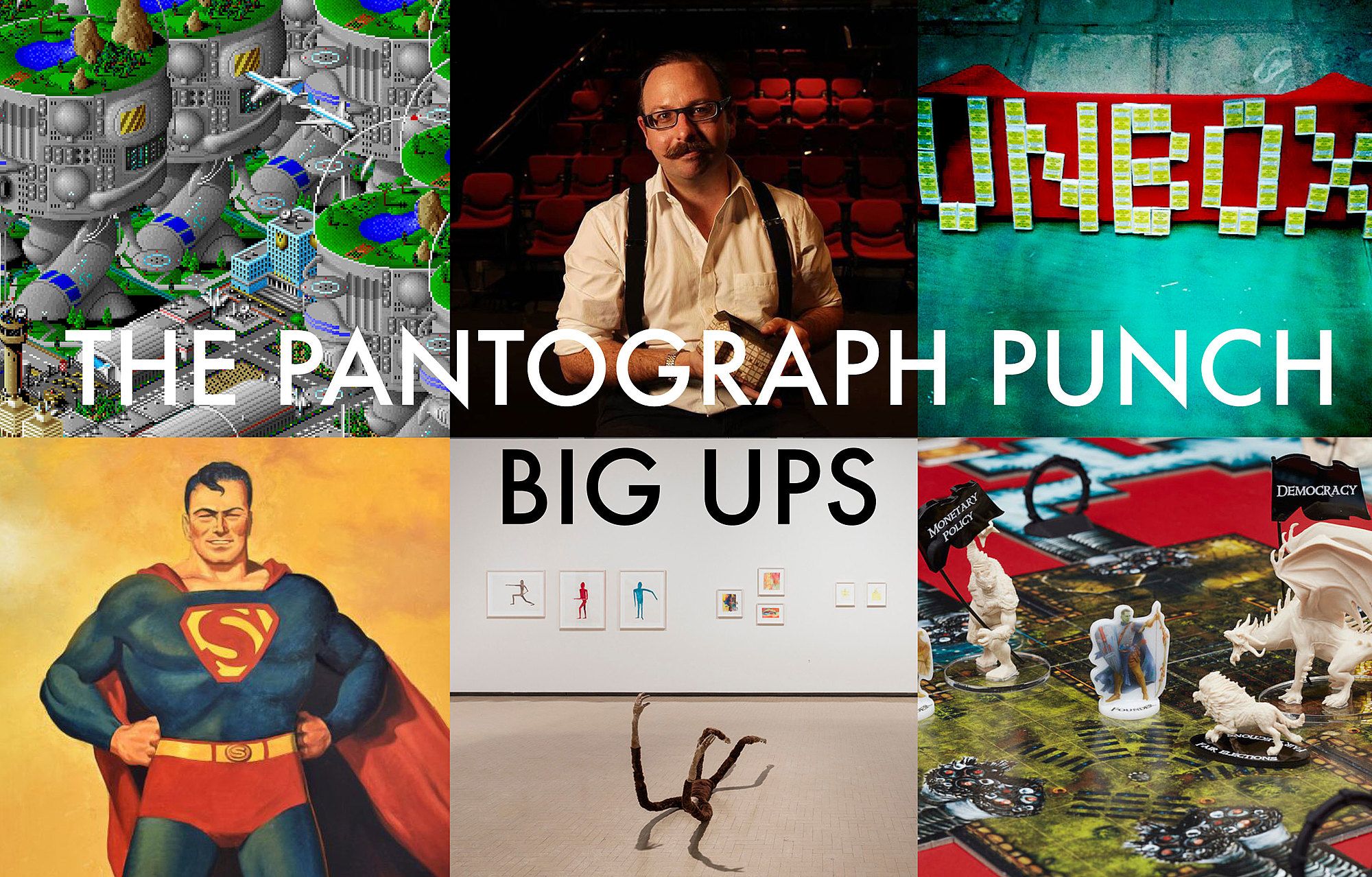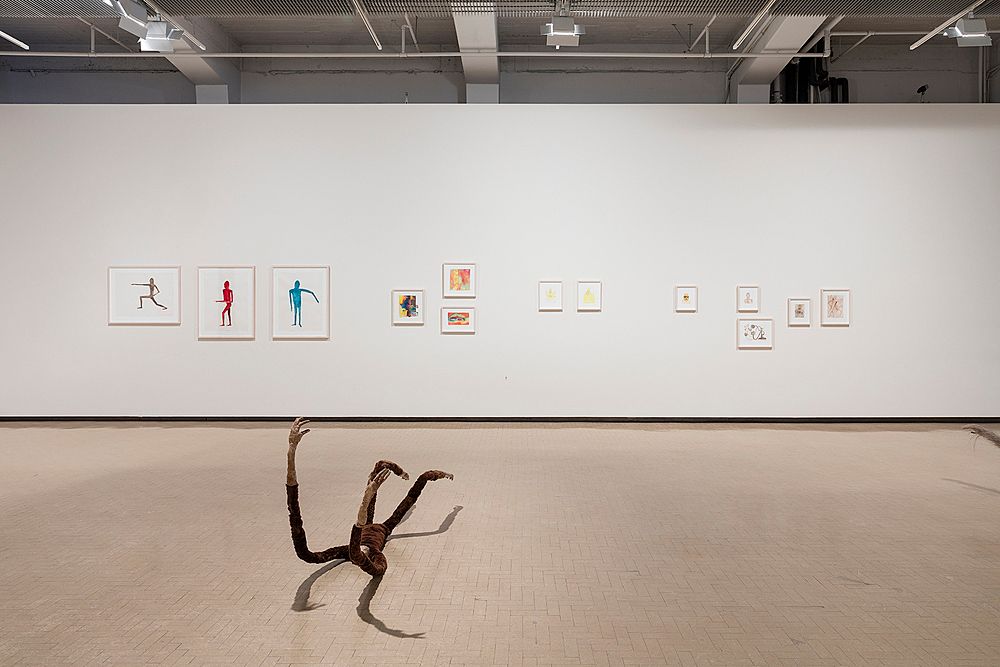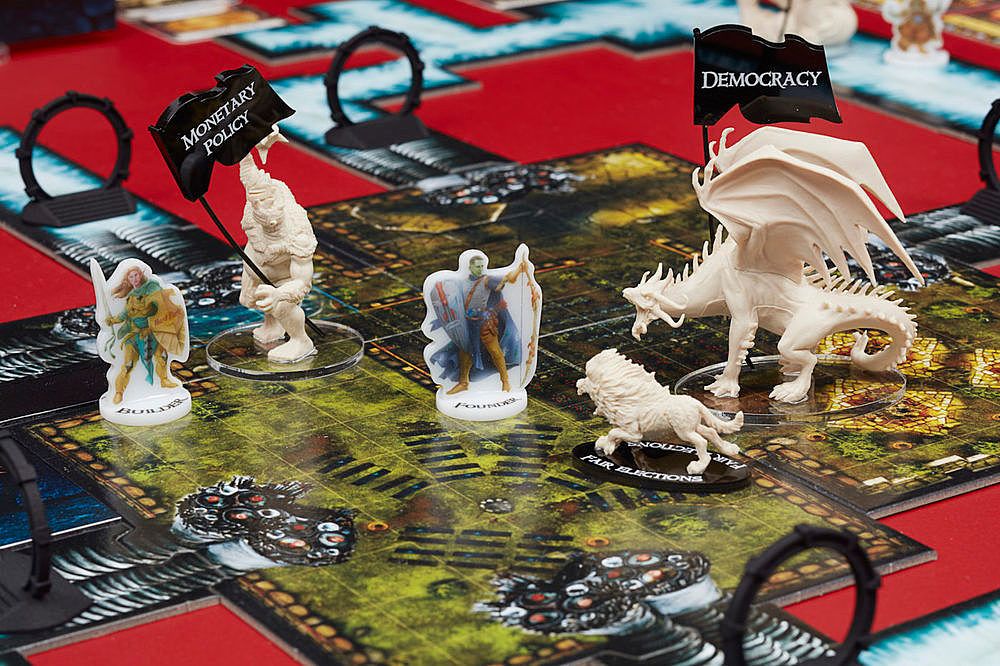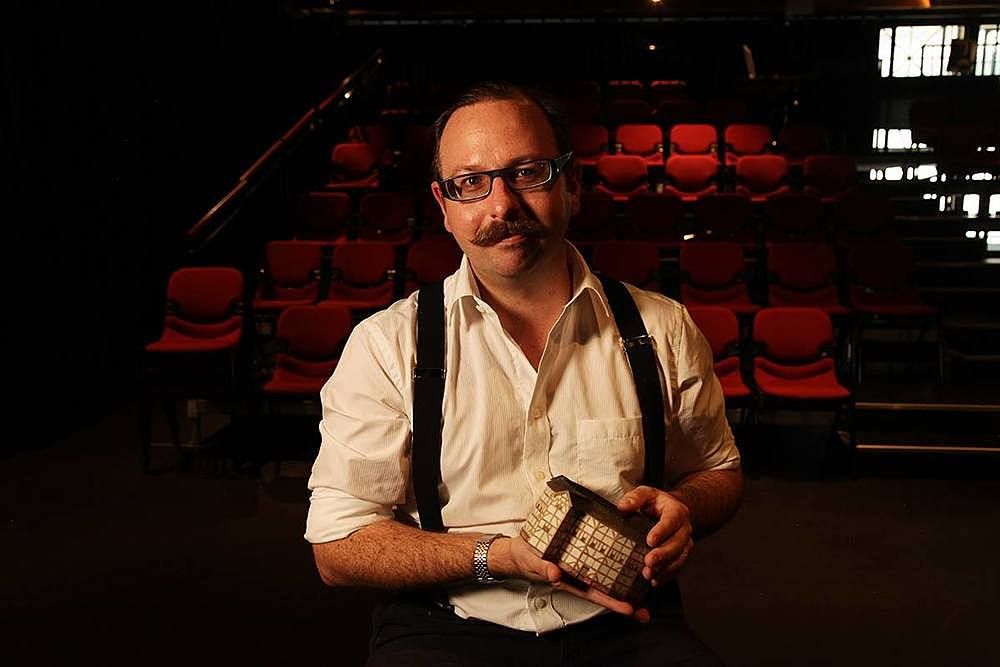Big Ups: 7 Things From 2017 Worth Reading Again
Our monthly round-up of things from The Pantograph Punch worth celebrating.
Our monthly round-up of things from The Pantograph Punch worth celebrating.
And just like that we farewell a year which has seen the rise of Trump and the demise of Weinstein with Jacindamania somewhere in the middle. Within the face of trying political times we are reminded of arts importance, and over this year we were spoilt for urgent, complex and delighting works of art in all their forms. These two things, art and society, both separate and together provided Pantograph Punch with a wealth of questions, prompts and issues to contemplate and turn into writing for you. In our last Big Ups for the year, we have cast our minds back to some of our favourite reads from 2017 that deserve a big up, enjoy!
Matariki Williams
The Moral Argument: A Review of ‘Jealous Saboteurs’
In a piece that is generous in its handling, and educative in its response, I choose Lana’s review of Jealous Saboteurs to reflect on. Minimising the pain of marginalised peoples to explain away Francis Upritchard’s work is unacceptable, and Lana gives voice to a response that until then had remained unpublished. Though unpublished, the anger was there, present in conversations, email exchanges and personal messages. Through her review, Lana also positions the work’s inherent problems in response to wider systemic imbalances that operate at societal level, as well as within New Zealand gallery ecology. I’m grateful for a response to the work that does not, by focusing on the intentions of the artist, excuse impact while talking over the reactions of the viewers.
Joe Nunweek
A Competition of Ideals: A Review of Simon Denny’s ‘The Founder’s Paradox’
“[Denny’s show] seems to me to hint at a different paradox altogether: that the self can be nourished by apparently selfless acts, not so much because these ‘feel good’, but because they better the community on which the individual naturally, logically depends.”
One-time Punch Visual Arts Editor Francis McWhannell wrote what has to be the “publication of record” level breakdown of Simon Denny’s latest show. As what feels like a perpetual absentee with a limited visual art vocabulary, I always look forward to McWhannell’s transportatively clear descriptions of how a space pans out (spatially, culturally), but also how he draws the threads of other writers and practitioners into the mix.
Denny’s work in general is dense and information-packed, but McWhannell is careful not to let sensory overload blind him to its flaws, or to stop at assessing it as merely ambiguous or slippery. Instead, he concludes that Denny has gone out on a comparative limb – flirting with on-the-nose satire and taking a stance atop a set of games of chance that draw on the input of Max Harris, Michael Parekowhai, and Chinese commercial art producers alike.
His breakdown of the way Denny uses each of the parlour games quoted from is particularly elegant (though to thread the needle on Denny’s spin on Settlers of Catan, the game definitely has an unsettling terra nullius angle to it too – what rich investor wouldn’t like to find a land full of resources with no existing claim or title?). It’s an honest and comprehensive reading on an important contemporary figure.
Kate Prior
Mine by Right: Copyright in Aotearoa
Amongst scores of pieces on The Pantograph Punch this year that contextualised art, made me laugh, and offered a new way of looking at the world, I’ve chosen a piece that taught me heaps. In ‘Mine by Right: Copyright in Aotearoa’ Elizabeth Heritage doesn’t simply educate on the subject of copyright law, she makes it absolutely riveting. After all, as citizens of the internet, it’s inescapable stuff. As Elizabeth writes, “even if you’ve never really thought much about copyright before, I can guarantee you have a lot of feelings about it.” Elizabeth clearly marks out the conflicts and contradictions of content ownership (the internet has let our sense of entitlement run wild while holding on to the dream of monetisation for ourselves). The issues also underscore how we fund writing and creative works in our age of abundance. At The Pantograph Punch we love writing which helps make invisible structures visible and this is a masterful example of that.
Lucinda Bennett
Urbanophobia: A New Zealand Horror Story
“… after just a few years of living in a Kiwi suburb, you, regardless of your ethnic background, will be agitated by any large group of people having fun next door, or the prospect of ‘too many people’ in a new development. Ironic in a country the size of the UK but with a population of only 4.5 million, eh?”
Sometimes simply reading a piece is not enough. Sometimes I need everyone I know to read it too, so we can proceed with our lives on even footing, all of us in the know. Farzad Zamani’s ‘Urbanophobia: A New Zealand Horror Story’ explained something (many things) that had quietly haunted me for a long time. Not just about suburbia, but about all of Aotearoa. Taking our ostensible ‘housing crisis’ as its launching point, Zamani’s piece spirals out to detail the many urban, political and cultural crises that have spawned our particular breed of ugly, sprawling and lonely city. Unsurprisingly, Zamani explains how it was our particular breed of colonisation that helped (and continues to help) shape these cities, and how these shapes can in turn reinforce colonial ideals. ‘A New Zealand Horror Story’ is a fitting title – this piece is chilling and hard to forget.
Sarah Jane Barnett
Tricky Dick: A Review of ‘Something to Behold!’
In Lachlan Taylor’s review of Something to Behold, Dick Frizzell’s recent solo exhibition at Wellington dealer gallery Page Blackie, he unpacks the unending colonialism in Frizzell’s work. I keep on coming back to this review because at one time I quite liked Frizzell. Or should I say, I thought I was meant to like Frizzell’s ‘kitsch colonialism’ because it was everywhere, even on the bags in my supermarket, and such exposure of an artist must mean the work had value, right? But I always had the sense that Frizzell was telling a joke I didn’t get, or maybe that I was part of that joke. Taylor’s review is my ‘Big Up’ of the year because he explains the joke to me, and that gives me permission not to laugh.
Adam Goodall
We Strive To Please: An Interview with Pop-up Globe’s Miles Gregory
The third season of Auckland’s Pop-Up Globe – with one mixed cast, one all-male cast and a new, gender-reversed cast – has opened recently with A Midsummer Night’s Dream, so it’s already a good time to revisit Kate Prior’s interview with Globe impresario Dr Miles Gregory. Conducted at the tail-end of the theatre’s second season, it’s a rollercoaster ride of an interview. Gregory’s animated, passionate, committed to his art; he’s also contradictory, combative and often frustrating. I’m a sucker for interview pieces like this – pieces that give the subject space, pieces that push them to make their defence and then analyse where that defence falls short. The end result is a conversation that explores, with remarkable depth and clarity, the push and pull of personal expression, commercial interests and social context in the art we make.
Lana Lopesi
Nearly Every Film at the New Zealand International Film Festival, Reviewed A–Z
There have been many great pieces over the course of 2017 which I have been really proud to have been a part of and definitely want to suggest are worth reading again! But there was one mammoth, perhaps overlooked, piece in particular which involved a lot of voluntary time and overwhelmingly large amounts of love for the medium of film. ‘Nearly Every Film at the New Zealand International Film Festival, Reviewed A–Z’ included 77 – yes 77! – mini reviews from the New Zealand International Film Festival by five writers spread across Aotearoa New Zealand! I am still so humbled by the mammoth effort and the pure love of art and on top of that, some great reviews!








